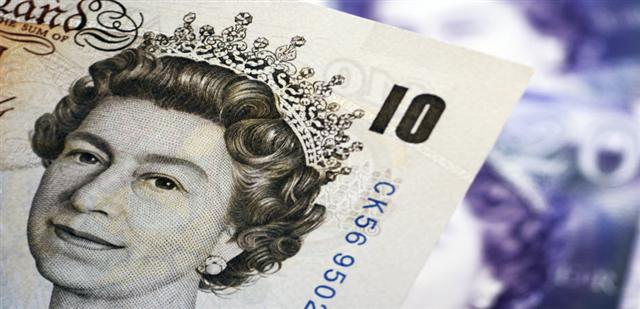- Study in AustraliaAustralian Universities/CollegesPrograms by faculty AusAustralian VisasLife in Australia
- Study In New ZealandNew Zealand UniversitiesPrograms by Faculty NZNew Zealand VisasLife in New Zealand
- Study in CanadaUniversities/Colleges in CANADAPrograms by faculty CanadaCanadian VisasLife in Canada
currency
| England Currency | |||
| Pounds & Pence Britain's decimal monetary system is based on the pound (£), which is made up of 100 pence (written as "p"). Pounds are also called quid by Britons. There are £1 and £2 coins, as well as coins of 50p, 20p, 10p, 5p, 2p, and 1p. Bank notes come in denominations of £5, £10, £20, and £50. Banknotes The banknotes currently in use are: | | ||
| older style banknotes now out of circulation: ATMs ATMs, sometimes referred to as "cash machines" or "cashpoints," are widely available in Britain, certainly in all cities and bigger towns, and even at a bank or two in smaller places. But don't always count on it. If you're venturing into rural England, it's always good to have pounds in your pocket. | |||
 | |||
| Credit Cards Credit cards are another safe way to carry money, but their use has become more difficult, especially in England . They also provide a convenient record of all your expenses, and they generally offer relatively good exchange rates. You can usually withdraw cash advances from your credit cards at banks or ATMs, provided you know your PIN. Keep in mind that you'll pay interest from the moment of your withdrawal, even if you pay your monthly bills on time. Also, note that many banks now assess a 1% to 3% "transaction fee" on all charges you incur abroad (whether you're using the local currency or your native currency).There is almost no difference in the acceptance of a debit or a standard credit card.More and more places in England are moving from the magnetic strip credit card to the new system of "Chip and Pin." With these cards, you must enter a four-digit PIN on a keypad when making a transaction. In the changeover in technology, some retailers have falsely concluded that they can no longer take swipe cards, or can't take signature cards that don't have PINs. For the time being both the new and old cards are used in shops, hotels, and restaurants regardless of whether they have the old credit and debit cards machines or the new Chip and Pin machines installed. Expect a lot of confusion before you arrive in England or elsewhere. | |||
For more information, please contact one of our offices
Study in Australia | Study in the UK | Study in Malaysia | Study in Canada | Study in the USA | Study in New Zealand














